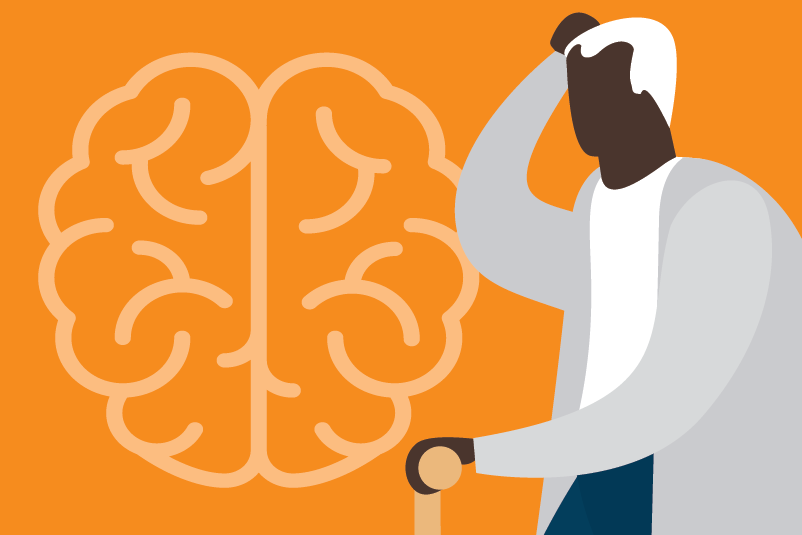#274 Making your head spin: Betahistine for benign paroxysmal positional vertigo

Reading Tools for Practice Article can earn you MainPro+ Credits
Join NowAlready a CFPCLearn Member? Log in
- Betahistine without Epley maneuver:1
- Industry-sponsored, double-blind RCT, 63 patients, betahistine 16mg BID or placebo. After 3 months treatment:
- Number of patients “improved” (not defined) on vertigo scale: 75% betahistine, 52% placebo.
- Headache: 18% (betahistine) versus 3%, not statistically different.
- Number of patients “improved” (not defined) on vertigo scale: 75% betahistine, 52% placebo.
- Industry-sponsored, double-blind RCT, 63 patients, betahistine 16mg BID or placebo. After 3 months treatment:
- Betahistine compared to Epley maneuver:
- 90 patients, betahistine, betahistine plus Epley maneuver, or Epley maneuver (frequencies not stated).2 Baseline vertigo ~7.7 on 11-point scale (lower=better).
- After 1 week:
- Epley or combination better on vertigo scale: ~2.3 versus ~3.7 (betahistine).
- Difference likely clinically relevant.
- Epley or combination better on vertigo scale: ~2.3 versus ~3.7 (betahistine).
- After 1 week:
- 96 patients, betahistine 24mg BID or Epley maneuver (performed twice at baseline, repeated after 1 week if needed).3 Baseline dizziness disability ~75 on 100-point scale (lower=better).
- Disability score after 8 weeks treatment: 20 versus 10 (Epley), significance not reported.
- 90 patients, betahistine, betahistine plus Epley maneuver, or Epley maneuver (frequencies not stated).2 Baseline vertigo ~7.7 on 11-point scale (lower=better).
- Post-Epley maneuver:
- 100 patients with dizziness post-Epley maneuver, randomized to betahistine 24mg BID or no drug.4 After 5 days:
- No difference in any outcome.
- 78 patients (59 with dizziness post-Epley given up to 4 times/session), randomized (double-blind) to betahistine 16mg TID or placebo.5 After 1 week:
- No difference dizziness disability scores.
- Patients with “improved” dizziness (not defined): 59% versus 27% (placebo).
- Limitations: if used all randomized patients, improvement changes to 44% and 21%, respectively.
- 72 patients, double-blind, randomized to Epley, Epley plus placebo, or Epley plus betahistine 24mg bid.6 After 1 week:
- Adding betahistine did not significantly change dizziness disability score, vertigo score or number with “persistent symptoms”.
- 100 patients with dizziness post-Epley maneuver, randomized to betahistine 24mg BID or no drug.4 After 5 days:
- Betahistine adverse effects (mainly gastrointestinal and headache) poorly reported; often similar to placebo.7
- Betahistine (16mg) costs ~$25 for 90 tablets.8















some benefit to Betahistine in vertigo
Nothing new